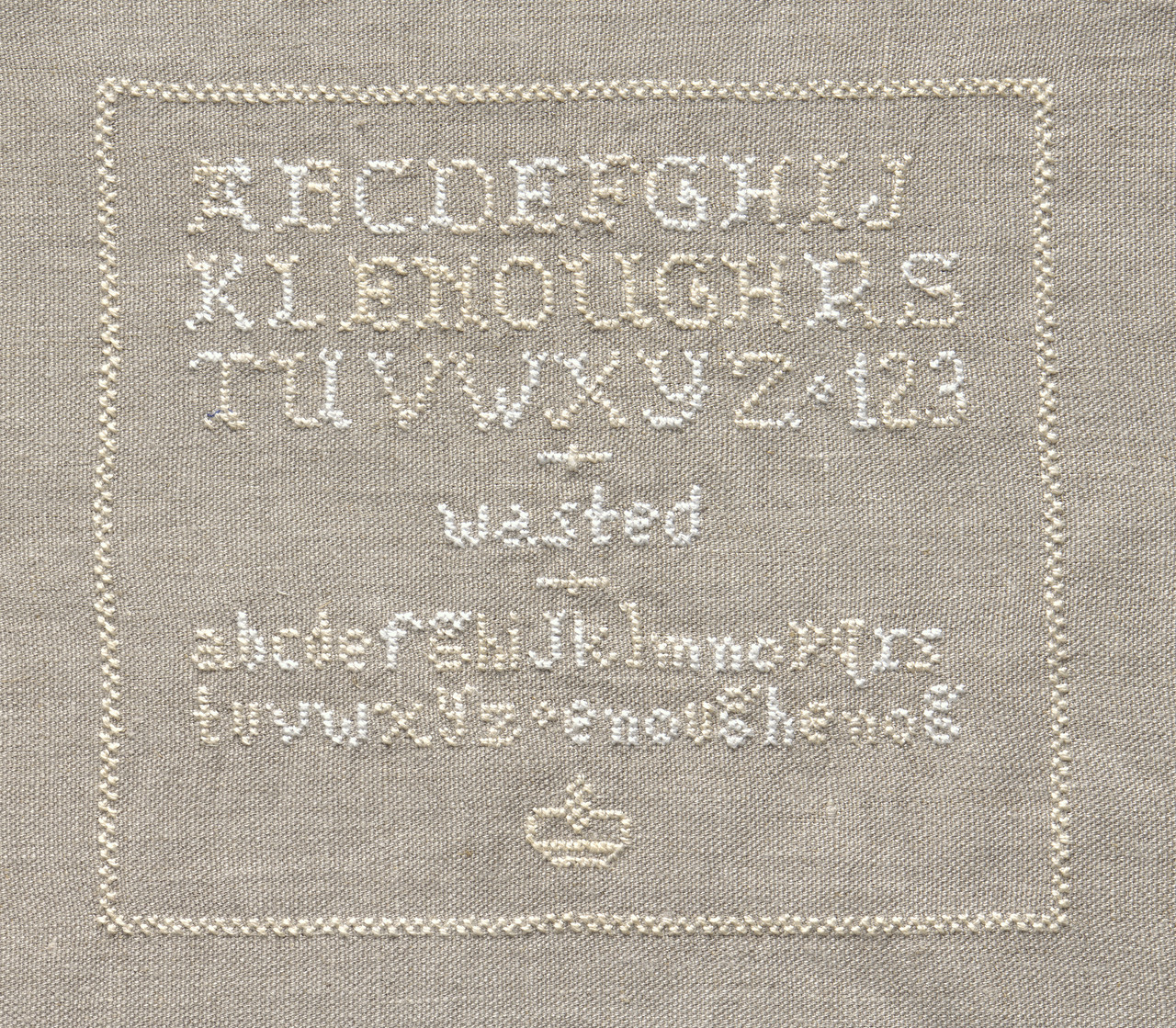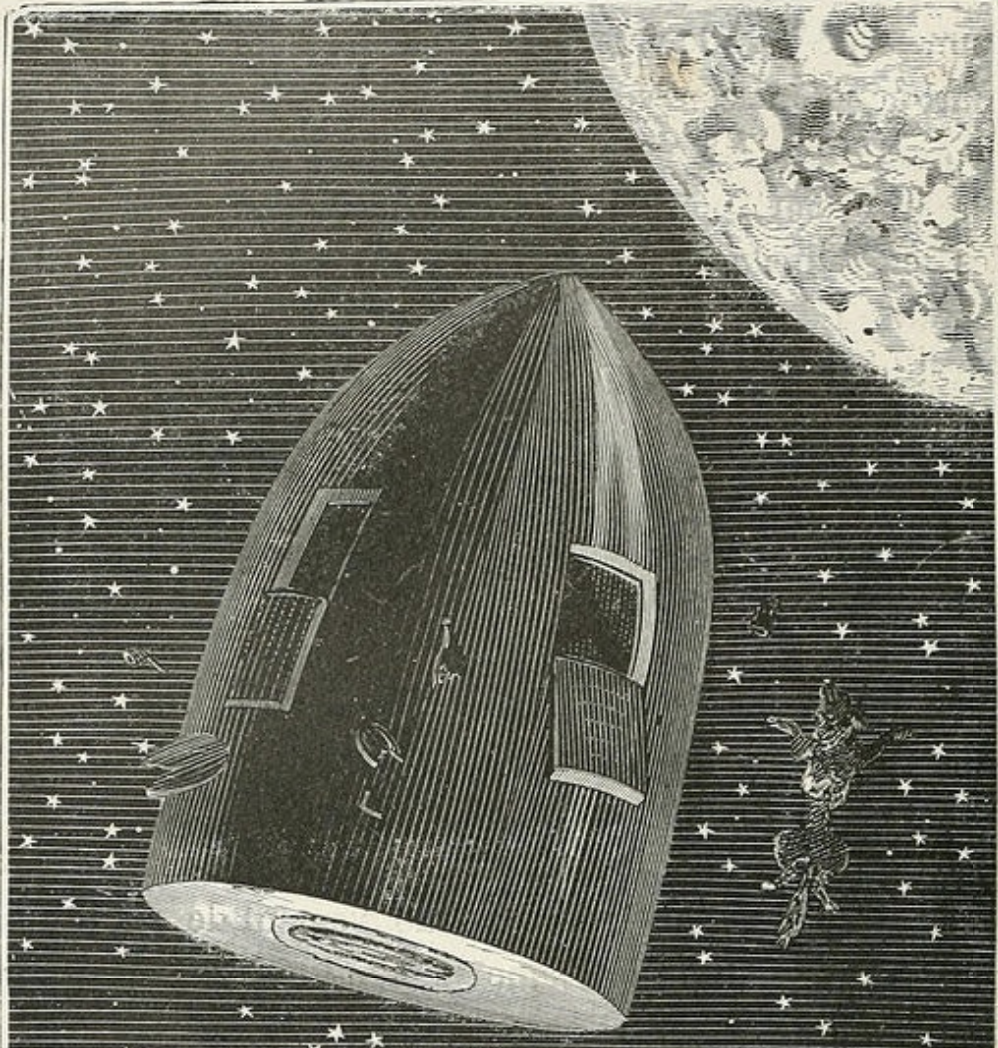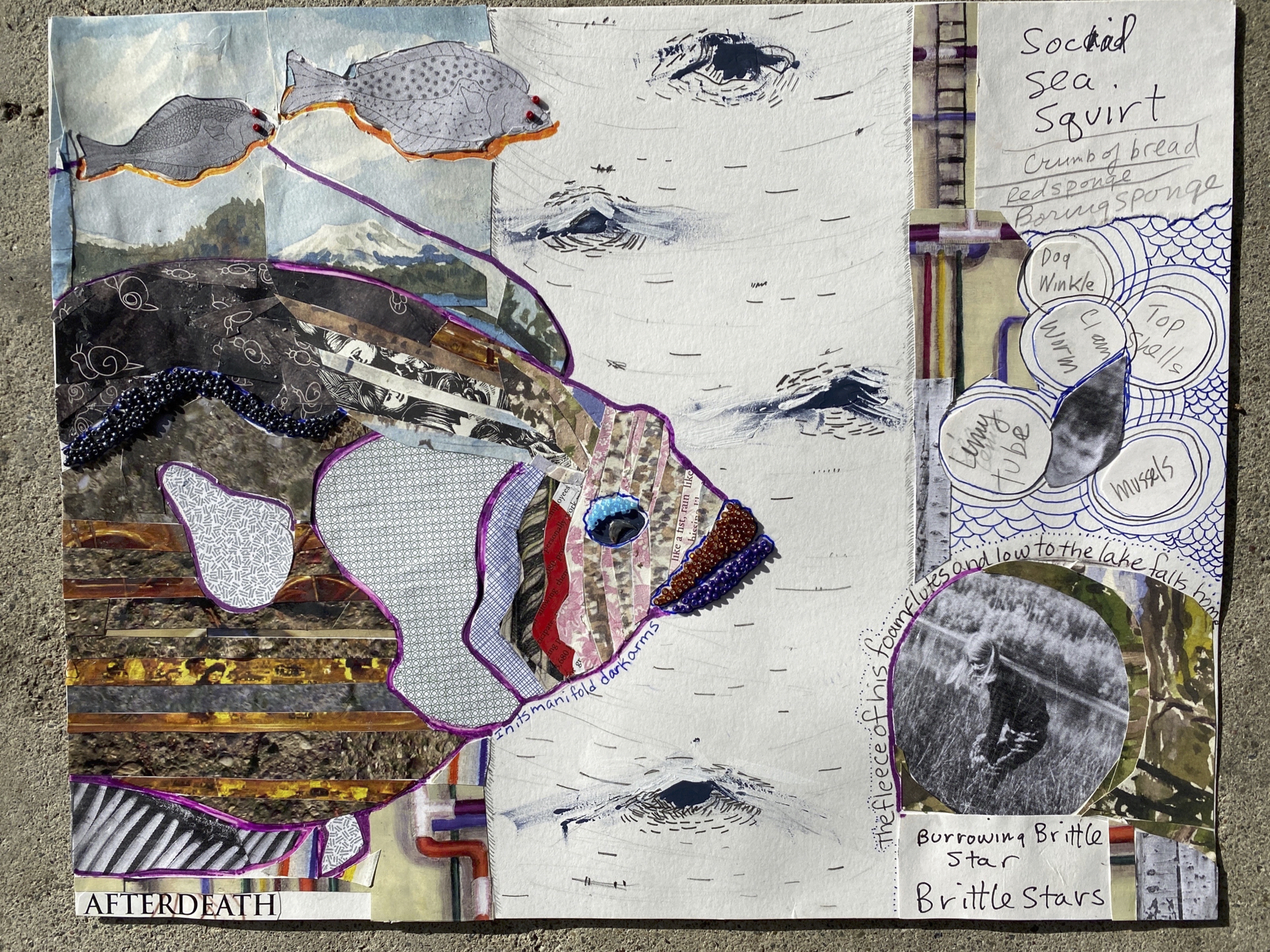
In this course, together we will rediscover that writing in a foreign language (English, in this case) can be a joyful and empowering process. As learners of English, we may have long suffered from examination-oriented English education that emphasizes rote memorization and forced practice while idolizing a “standard” way of speaking and writing in English. In this class, we will unshackle ourselves from these inefficient methods of how to learn English and biased views of what is “good” English.
We will explore how reading for pleasure and immersing yourself in what genuinely interests you can be a powerful way of improving our English proficiency and becoming a better writer. We will also learn that resistance towards writing is normal and that developing a flexible process of writing that honors “bad” first drafts and value revision is key to overcoming writer’s block. More importantly, we will criticize the biased view that accent is undesirable and that sounding like a “standard” native speaker is the ultimate goal; instead, we will feel more confident in the diverse linguistic resources each of us bring and use the full repertoire of our multilingual abilities in our writing to create something unique and beautiful.
- Instructor: Bowen Wang-Kildegaard

Welcome to Writing 1!
Writing 1 [Multilingual Learner] is an introduction to college-level writing, reading, and discussion specifically designed for students who speak languages other than English as their native language.Throughout the course, you will delve into a diverse range of texts and participate in writing assignments that aim to enhance both self-expression and critical thinking skills. These assignments will encompass various types of college-level writing tasks, including argumentation, analysis, and research. The reading materials are strategically selected to provoke discussions and provide models that inspire students in their own writing endeavors.
In this course, you'll embark on initial writing assignments that encourage you to explore language as a medium for personal expression, creativity, and imagination. As you progress, these expressive skills will be applied to practical writing tasks commonly encountered at the college level, including research, analysis, and argumentation.
The selected reading materials are intended to stimulate discussion and offer models for your own writing endeavors. While the primary focus is on writing and reading, attention will also be given to informal discussion and developing skills in oral presentation.
- Instructor: Mandana Abedini
- Instructor: Juvenal Acosta

"Zeitgeist" is defined as the "spirit of the age," the cultural, intellectual, ethical, spiritual, political climate where the writer, artist, scientist, student, citizen is working, influenced by it and contributing to it in a reciprocal loop. This course offers a selection of readings and practice writing in a variety of essay forms to develop skills of observation, description, creative thinking, critical thinking, new vocabulary, and the ability to articulate your stance about the state of the world and your potential contributions to the historical moment.
Writing 2 continues the work begun in Writing 1 on strengthening students' ability to write, read and discuss at the college level, with emphasis on literary and visual analysis, and research and argumentation skills. The course will revolve around a specific theme selected by the instructor.
- Instructor: Caroline Goodwin

- Instructor: Anita Amirrezvani



